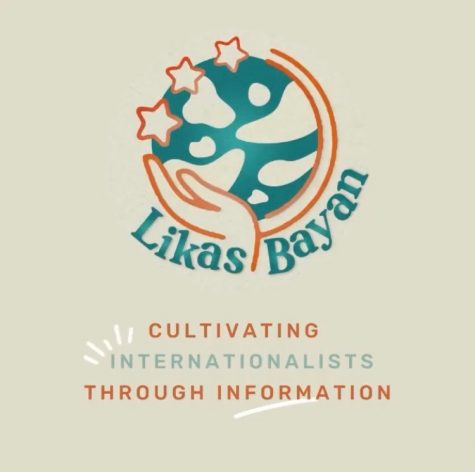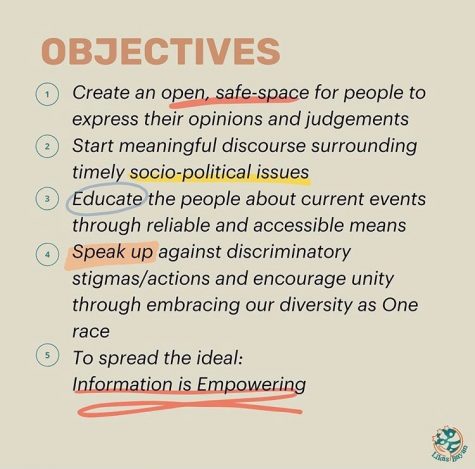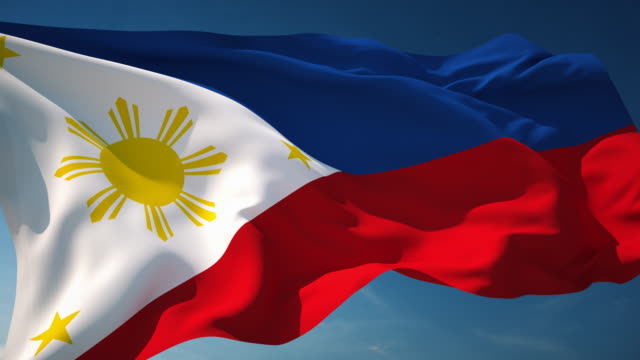Ang Kulturang Pamilya
Celebrating Filipino-American Month
As the month of October goes on, it is important to keep the date October 18, 1578 in mind, as it marks the arrival of the first Filipinos in Morro Bay, CA. This important part of our history lies at the heart of Filipino-American month during October and calls for celebration.
Most come to know Filipino culture by stomach. Barbeque, pancit, and lumpia are all great, and delicious, segways into learning more about Philippine culture, but as a first generation, Filipino-American teen, I know that our culture is far more than entrees and nursing school jokes.
Filipinos are commonly referred to as a “model minority,” which is a myth that is defined as “a minority demographic whose members are perceived to achieve a higher degree of socioeconomic success than the population average, thus serving as a reference group to outgroups.” We are acknowledged as hard-working nurses, straight A students, kind hosts and yummy meal-makers, so as a minority, we should feel lucky to be acknowledged at all, especially in a seemingly positive light; however, this is something that shouldn’t be normalized. It limits the way our culture is perceived and encourages marginalization.
I remember taking my first practice HSPT in the 7th grade and was shocked to find Filipino as it’s very own fill-in bubble under “ethnicity.” Since many don’t know where to place us or what label to put us under, we’d been set apart. Are we Asian? Pacific Islander? We’re not even sure sometimes.
Tomas Montero ‘20, former ND Filipino Culture Club president, expresses, “The reality is Philippine culture is a mix of so many other cultures. If you think about it, Christianity and Catholicism are mainly of the Spanish. Our names, my name…literally all four of my names are Spanish! It’s all Spanish influence because of invasion. Our clothes are similar to that of Chinese styles, and our food is easily comparable to Mainland Asian cuisine and some dishes from Spain. On top of that, I think that Filipino history gets brushed over. Not just our indigenous roots, but countries like Spain, China and Japan all attempting to push onto our islands. You never hear about those stories, all we get are subtle nods in the history of trade, or our big contributions to WWII. Mere flashes of our people are mentioned in history classes.”
With so many influences and similarities merging into our culture, it’s common to get confused with what components to actually identify as our own as “Filipino,” but it is beyond vital to remember Filipino culture is its own culture, and the melting pot it’s resulted as from history is a prominent part of that—giving even more reason to really delve deeper into Philippine history.
We empathize with the identity crisis that almost makes us feel borrowed or even invisible, being a mix of a lot of things. Because of this, along with Filipino culture being heavily family-oriented, we are incredibly hospitable and inclusive towards outside culture. Embracing our own multicultural inspirations so tightly intertwines with how hyper-familial and generational Philippine culture is at its core. There is always someone to look up to and someone you have to be an example for, which stems from the deeply embedded values of respect and responsibility to your family.
But regardless of the mixing and merging, no matter what subcategory label gets stuck on our foreheads, we are Filipino, filled to the brim with pride to be Filipino, and that’s what these two unbelievably inspiring and insightful young women understood when they created their organization by the name of Likas Bayan.

Jacque Baurista and Maebelle Aro are the founders of the Likas Bayan Inc. Organization. All born by a phone call Baurista made to Aro, Baurista explains, “I wanted an org. that provided people with a platform to learn new things and to stay informed. I wanted to create a safe place that allowed people to share their advocacies, passions, opinions and to just talk about all of it like one family.” And if you visit any of their social media pages, that’s exactly what they do.
Realizing the advantage they have as tech-savvy young adults of the digital age, Baurista and Aro began making social media pages and reaching out to relatives, friends, and friends of friends to create a team of people with the same objective: inform a diverse community about political or controversial occurrences in the Philippines (as well as worldwide) and provide resources for commonly filtered topics, such as “Activism vs Terrorism” and “Transgender Rights.”

When creating an organization that is accessible to anyone with a free account on these social media sites, Baurista and Aro realized how efficient social media actually is in spreading awareness and sparking curiosity. Aro emphasized how every project they create and post is translated into both Tagalog, the main dialect of the Philippines, and English because they want to communicate to the masses.
“We want people from all walks of life to join the conversation. People with two completely different political views or beliefs are encouraged to talk about their differences in a civil way, so everyone can benefit from understanding all sides and perspectives of the same issues or concepts. Despite disagreements, this brings everyone together and creates a safe space to discuss things without judgement as a community. That’s what we want: a community almost like a family,” disclosed co-founder Aro with a passionate heart.
Welcoming with bright colors and original art to pair with well-researched and well-articulated information, the Likas Bayan pages are easy to navigate and give readers enough fact to not only want to find out even more about particular topics, but more than enough genuine curiosity and passion to start conversation. The talks Likas Bayan seeks to egnite are the ones regarding touchy and controversial worldwide affairs as they are the ones that should have been started a long time ago.
Baurista and Aro remind us of the voice we have as not only proud Filipinos reporting the news of our homeland, but as “citizens of the world.” In tapping into your open-minded and welcoming, Filipino-like spirit, whether actually Filipino or not, there is a duty the entire world has to fulfill by actively staying informed and utilizing resources to raise awareness and start lively discussion. Joining organizations like this assists in obliterating the toxic, silencing effect most governments and authorities have and take advantage of over young minds and hearts. As it continues to expand, Likas Bayan is only the beginning.

